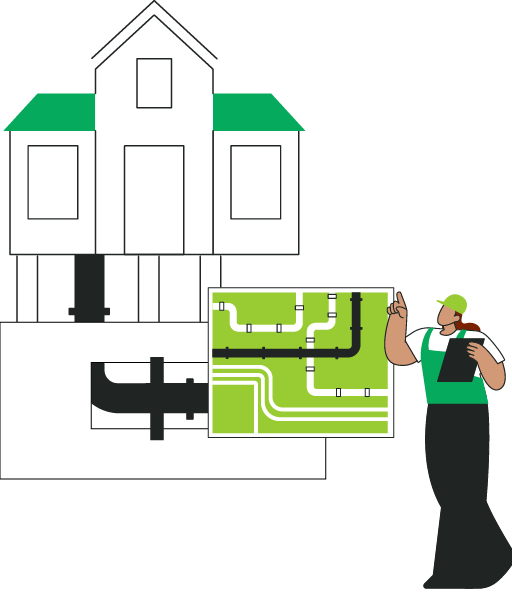Prove It. Improve It. Trust It.
Evaluation, Measurement & Verification
Energy savings mean nothing without proof. That’s why Michaels Energy delivers precise, independent Evaluation, Measurement & Verification (EM&V) services that assess program effectiveness, quantify savings, and support compliance and funding justification.
We partner with utilities, program administrators, and government agencies to ensure energy programs meet regulatory expectations, stakeholder goals, and real-world impact.
What Is EM&V?
EM&V is the structured process of assessing the performance, energy savings, cost-effectiveness, and market impacts of energy efficiency and demand-side management (DSM) programs. Michaels Energy delivers EM&V that is compliant, defensible, and tailored to your program design.
Process & Impact Evaluation
Baseline Establishment & Savings Calculation
Pre/Post Project Analysis for Incentive Programs
Third-Party Evaluation & QA/QC
Evaluation of Non-Energy Benefits
Continuous M&V for Strategic Energy Management
Market Potential Studies & Attribution Analysis
Why Michaels Energy?
Independent, third-party expertise with deep engineering rigor
Trusted by utilities and public agencies nationwide
Experts in complex and custom projects
Compliant with industry protocols including IPMVP, DOE, and utility-specific requirements
Clear, actionable reporting that supports decision-making and regulatory filing

Who We Serve
- Utilities & Energy Efficiency Program Sponsors
- State & Local Government Agencies
- Commercial & Industrial Energy Managers
- Strategic Energy Management (SEM) Facilitators
Success Spotlight: Residential Natural Gas DR Pilot
Michaels Energy conducted advanced measurement & verification (M&V) research for a residential natural gas demand response (DR) pilot program in Colorado’s Mountain region. The program aimed to relieve pipeline constraints, reduce peak load, and defer costly infrastructure upgrades.
Our Approach
- Designed and tested two baseline strategies: control/treatment groups and the 10-in-10 method
- Evaluated event effectiveness, thermostat adjustments, and staggered start times
- Quantified reductions in peak demand, emissions impacts, and participant engagement
Key Findings
- 0.74 Therms saved per household during 4-hour DR events
- 90% participation rate among early adopters
- Staggered start times reduced peak demand by 38.9%
- Events achieved an overall net reduction of 0.25 Therms within ±2 hours

Ready to Validate Your Savings?
Work with Michaels Energy to validate impact, optimize performance, and tell your program’s story with credibility.

